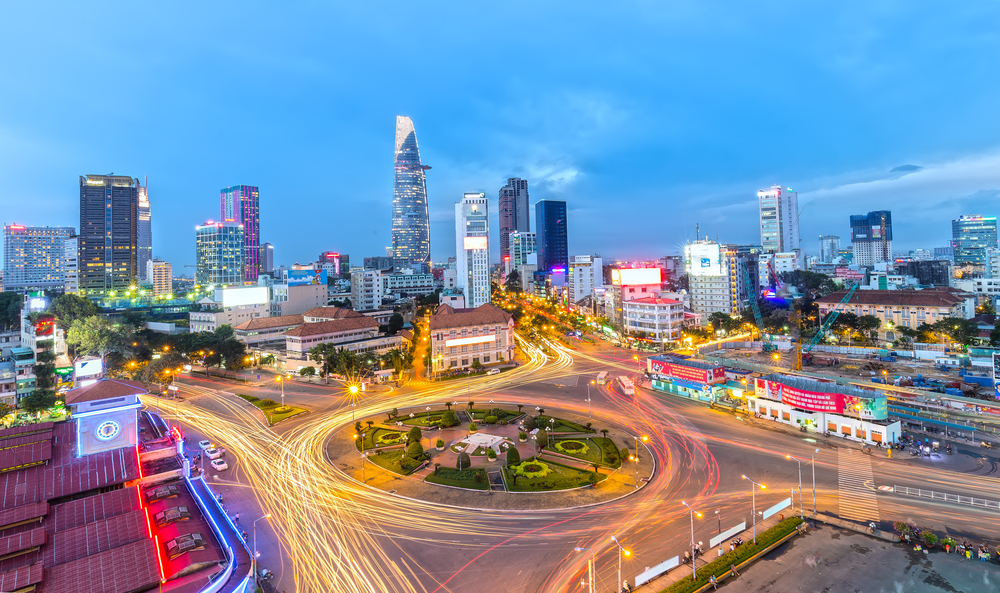Land frenzy in Vietnam’s outskirts may put off investors
Land brokers have rushed to many districts, inflating the prices of land plots, which could discourage domestic and international developers

According to Vietnam Investment Review, land fever in the outskirts and satellite cities of Ho Chi Minh City and Hanoi may dissuade interest in new project locations, despite available city centre land plots dwindling.
Between 25 February and 10 March, land prices in Binh Phuoc province and Can Gio district spiked by 100 percent. Meanwhile, Tay Ninh province experienced price hikes of 40 percent and prices in the north-west of Ho Chi Minh City rose 30 percent compared to the last quarter of 2020.
A leader of a domestic property developer raised concerns following her company’s project drop at Tay Ninh province, as the area’s land prices have increased four times compared to 2019.
“If we proceed, we will lose out for sure,” she mentioned. “Land price hikes impact investment expenditure. We do not expect it can be increased four times later to recover the expenses.”
Le Hoang Chau, chairman of the Ho Chi Minh City Real Estate Association, said the land price hikes will generate a domino effect for landlords, local tenants, and local authorities, as well as buyers.
“Illegal brokers will utilise this price hike and push the price more to grab higher profits. The price hike will also certainly discourage both domestic and international developers who want to invest in those areas,” added Chau.
One of the recent reasons for the price increase is the airport construction proposals by local authorities, with some regions suggesting a second airport.
Two weeks ago, many land brokers rushed to Hon Quan district of Binh Phuoc province and inflated the prices of land lots upon hearing news of an airport project.
An official from local authorities said land price inflations pose a high risk for buyers, adding that “the price inflation may encourage local residents, especially the ethnic minority people, to sell agricultural land – the only way of getting income for them.”
Police were sent to such areas to confirm if the proposal has not yet been planned and to encourage people to stand down.
Another cause of the land hikes can be attributed to the merger or potential merger of districts or newly established administrative units in the city, such as Thu Duc city of Ho Chi Minh City.
More: Australia’s booming property prices drive the surge in wealth
Brokers and land hunters swarmed to these areas hoping to be the first buyers, but local authorities insist that these projects are merely ideas with no detailed plans set up yet.
Nguyen Van Dinh, vice chairman of the Vietnam Association of Realtors, said the government should control the trading activities of amateur brokers and local trading floors to limit speculation.
“Moreover, local authorities also have to publicise the information on incoming projects so that buyers can avoid fake products advertised in the market,” he added.
Recommended
Why everyone is moving to Selangor and Johor: Malaysia’s real estate comeback
Malaysia’s upturn in fortunes is especially prevalent in secondary destinations such as Selangor and Johor
Penang’s silicon boom: How the US-China tech war is supercharging local real estate
Penang’s booming semiconductor industry has created ripples within the local real estate sector
New leader, new opportunities: How Hun Manet is shaking up Cambodia’s real estate game
Hun Manet is overseeing decent economic growth and widening access to the country’s real estate market for foreigners
Singapore embraces inclusive housing reforms amid resilient demand
The Lion City’s regulatory strength continues to exert appeal for international investors








